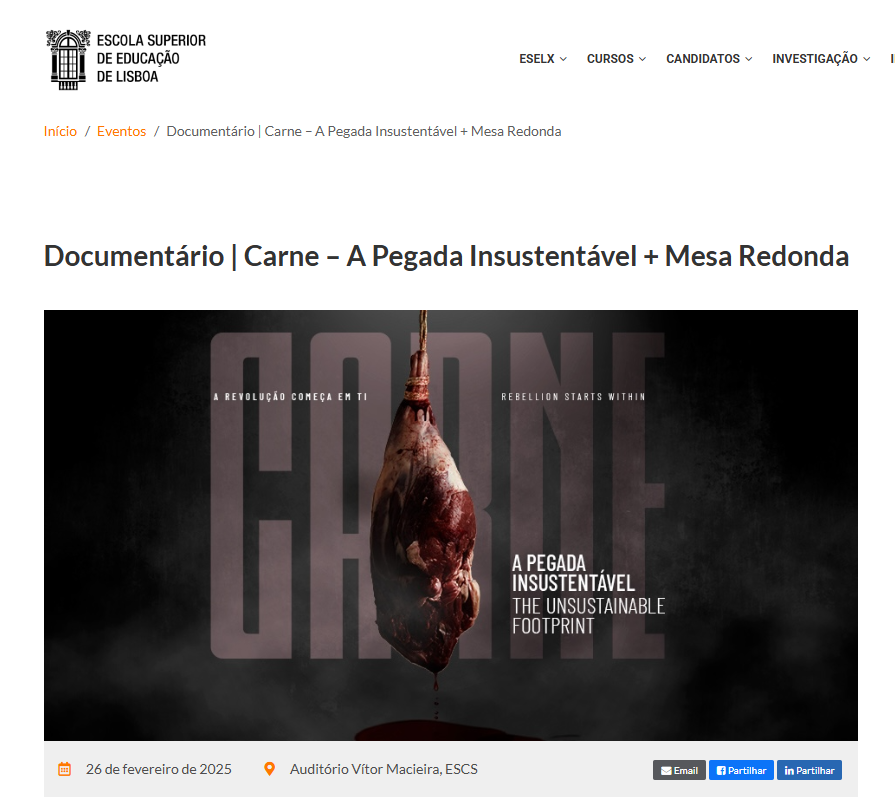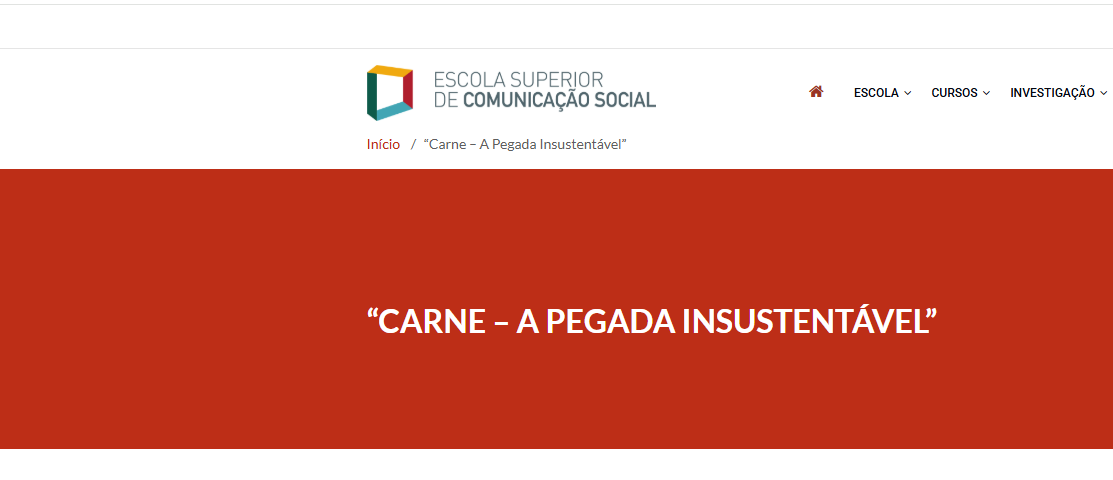
Eurocarers: 'STATEMENT: The Social Pillar Action Plan: the basis of a comprehensive EU Strategy on Care and Caring'
European Parliament
Informal Carers Interest Group
STATEMENT: The Social Pillar Action Plan: the basis of a comprehensive EU Strategy on Care and Caring
The European Parliament Informal Carers Interest Group warmly welcomes the recent adoption of the European Pillar of Social Rights Action Plan as it provides the appropriate context for the development of a much-needed comprehensive and ambitious EU Strategy on Care and Caring.
The Informal Carers Interest Group was set up in 2007 with the aim ‘to critically monitor and analyse EU policy development for its impact on carers and to propose and advocate concrete action in order to improve the day-to-day situation for Europe’s many carers, working in close partnership with relevant stakeholders’.
We define informal carers as ‘persons who provide – usually – unpaid care to someone with a chronic illness, disability or other long-lasting health or care need, outside a professional or formal framework’.
In Europe, 80% of all long-term care is provided by informal carers, mostly women. Providing care without recognition or support can have a negative impact on the health, social and economic wellbeing of carers themselves
Since its inception 14 years ago, the Group has taken a number of initiatives that have put the issue of informal care provision higher up the EU policy agenda. For instance, we flagged the need for and advocated a Work/Life balance Directive some 8 years ago, and are pleased to note that this has been acted upon.
The Action plan provides the right framework for an EU Strategy on Care and Caring
We welcome the fact that, fortunately, the political and societal importance of long-term care – and of the crucial role of informal carers within that context – is increasing; the Pillar’s Action Plan, the recent Commission Green Paper on Ageing and the work of the Social Protection Committee stand witness to this development.
This is only right, given the fact that long-term care needs are on the increase (due to societal ageing and increased longevity) while on the other hand, informal and formal care resources are under increasing pressure. All Member States are facing the same challenges in this respect.
An EU Strategy on Care and Caring should address all aspects of formal and informal care provision. A strategy, should help ensure dedicated support, improving the situation of informal carers as well as actively address the current shortfalls in the care sector, including staff shortages, equal access, quality and affordability of care services, and eHealth development
We strongly believe that the Action Plan can act as an opportunity as it provides the appropriate framework for the development of such a Strategy. Not only does it directly foresee an initiative on long-term care in 2022, many of the other targets, commitments and recommendations also relate to care and caring (e.g. with regards to access to social protection, adequate income and pensions, life-long learning…).
The Commission can:
- Take account of the impact of all its policies and initiatives on long term care and vice versa;
- Mainstream long -term care into wider policy development;
- Encourage investment in long-term care provision in the broadest sense;
- Support the collection of comparative data and transnational research;
- Agree on ambitious common targets with regards to LTC provision; and
- Help assess and disseminate good practice.
Combined, these actions could be the backbone of a future Strategy.
Furthermore, since our Interest Group is acting as a champion for Informal Carers, this future strategy should contain a clear strand on informal care, with the aim of:
- Acknowledging the different forms of informal care and carers, promoting their personal and societal identification and recognising that carers would also have rights and obligations as a part of their role;
- Respecting the right to self-determination of the persons being cared for,
- Setting a set of criterias for the provision and monitoring of social support to carers (including time-off for carers);
- Promoting work-life balance by ensuring the possibility to combine carers’ role with formal employment; and
- Providing rehabilitation services for the carer and the person being cared for, including occupational health services.
Head of States and governments should endorse the Action Plan at the Social Summit in May and act upon it. We strongly believe that the time is right for the EU to come forward with a comprehensive Strategy on Care and Caring; we should not let the opportunity offered by the European Pillar of Social Rights Action Plan go to waste.
The Informal Carers Interest Group looks forward to working with the Commission to turn the opportunity offered by the Social Pillar Action Programme into a reality.
Co chairs:
Marisa Matias MEP
Sirpa Pietikäinen MEP
Luke Ming Flanagan MEP
Supporters:
Alex Agius Saliba MEP
Milan Brglez MEP
Isabel Carvalhais MEP
Sara Cerdas MEP
Frances Fitzgerald MEP
Luke Flanagan MEP
Klemen Groselj MEP
Francisco Guerreiro MEP
Eero Heinäluoma MEP
Irena Joveva MEP
Sean Kelly MEP
Philippe Lamberts MEP
Miriam Lexmann MEP
Elżbieta Katarzyna Łukacijewska MEP
Benoit Lutgen MEP
Marisa Matias MEP
Tilly Metz MEP
Sirpa Pietikäinen MEP
Manuel Pizarro MEP
Ivan Stefanec MEP
Romana Tomc MEP
Monika Vana MEP
Maria Walsh MEP
Tomáš Zdechovskýv MEP
Carlos Zorrinho MEP
Milan Zver MEP
Lê a notícia aqui










Público: 'Prova dos factos'
Quinta-feira, 20 de Fevereiro de 2025
LER MAIS